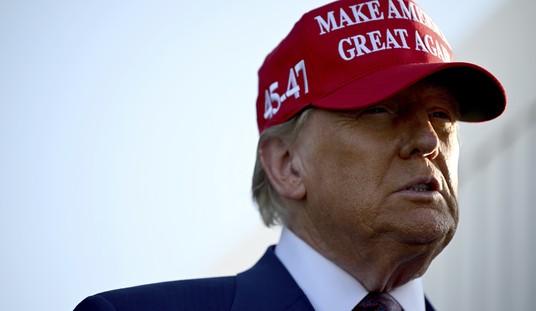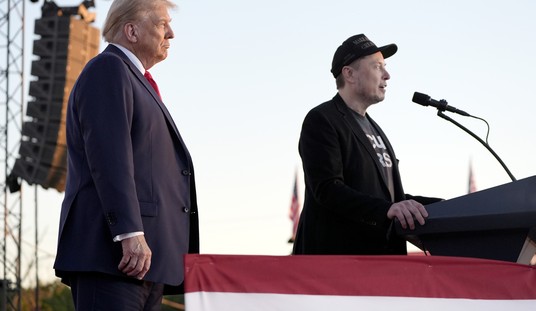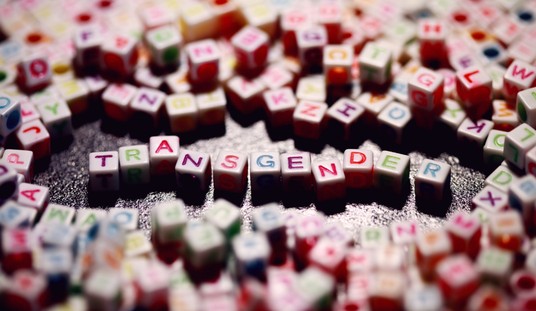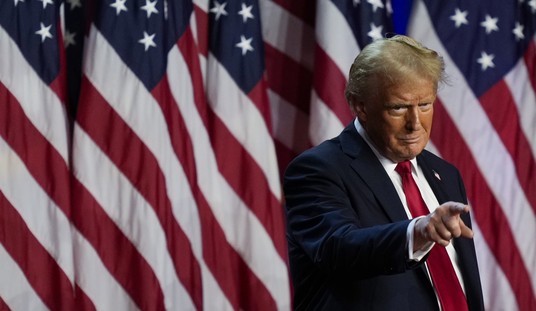Rep. Liz Cheney (R-WY) said Sunday morning in an interview with Martha Raddatz on “This Week” that the Russia collusion investigation into the Trump campaign in 2016 “could well be treason.”
Rep. Liz Cheney: "We had people that are at the highest levels of our law enforcement … saying that they were going to stop a duly elected president of the United States."
"That sounds an awful lot like a coup and it could well be treason," she adds https://t.co/tzEmm40vCp pic.twitter.com/RhAVMWRfBU
— ABC News Politics (@ABCPolitics) May 26, 2019
Saying the texts between FBI agents and lovers Peter Strzok and Lisa Page, an exchange in which they discussed an insurance policy against Trump after he was elected, sounded “an awful lot like a coup,” Cheney expressed a desire to know more.
“I think what is really crucially important to remember here is that you had Strzok and Page who were in charge of launching this investigation and they were saying things like, ‘We must stop this president, we need an insurance policy against this president,’” she said on ABC News’ “This Week.”
“In my view when you have people that are in the highest echelons of the law enforcement of this nation saying things like that, that sounds an awful lot like a coup — and it could well be treason and I think we need to know more,” she said.
When pressed by Raddatz on the issue of the release of classified information, Cheney dismissed concerns about information being made public and expressed full confidence in Attorney General William Barr. She also said she would like to know Jim Comey’s role in the investigation since the players all reported to him.
Making the case for treason will be difficult, as this NBC News report from 2018 explains. The framers of the Constitution intentionally defined treason rather restrictively says a 1986 federal appeals court decision: “[t]he reason for the restrictive definition is apparent from the historical backdrop of the treason clause. The framers of the Constitution were reluctant to facilitate such prosecutions because they were well aware of abuses, and they themselves were traitors in the eyes of England.”
As a result, treason is, in some respects, the most specific crime in our legal system — and certainly among the hardest to prove.
Because of this history, a lot of things that might seem or feel like treason to casual observers do not, in fact, come close. In this context “enemies,” for example, must be countries against which Congress has formally declared war or otherwise authorized the use of force. (So contemporary Russia is out, whatever role it may have played in the 2016 election.) Even during the height of the Cold War, when Julius and Ethel Rosenberg were tried, convicted and executed for conveying nuclear secrets to the Soviet Union, the charge against them was espionage, not treason.
How extraordinarily fortunate for the Russia collusion hoaxsters.













Join the conversation as a VIP Member